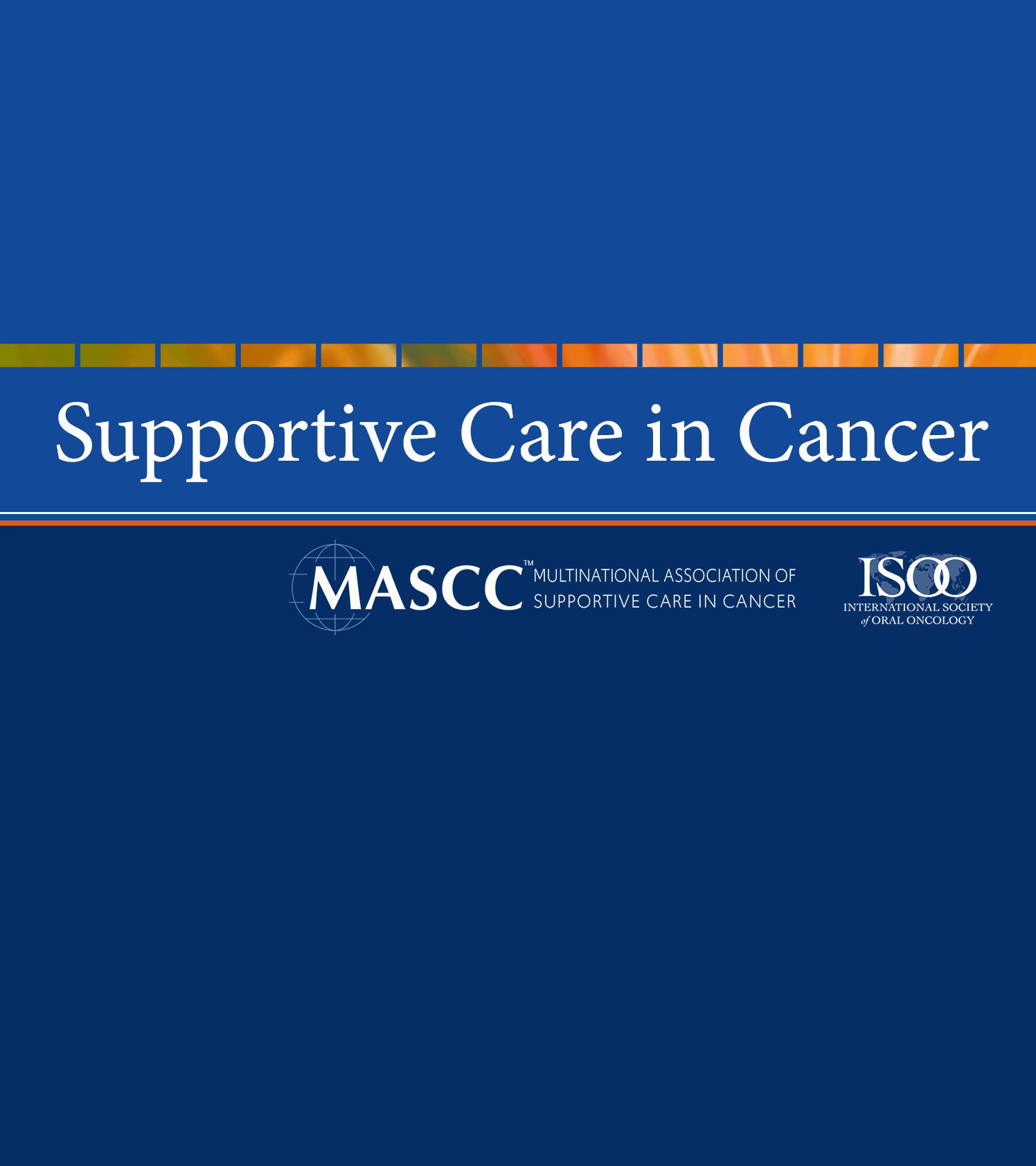Receptive music therapy versus group music therapy with breast cancer patients hospitalized for surgery Fulvia Lagattolla, Barbara Zanchi, Milella Pietro, Claudia Cormio, Vito Lorusso, Sergio Diotaiuti, Annarita Fanizzi, Raffaella Massafra, Silvia Costanzo, Francesca Caporale, Erika Rieti & Francesca Romito

https://www.ncbi.nlm.nih.gov/pmc/articles/PMC9924845/
Abstract
Hospitalization for breast surgery is a distressing experience for women. This study investigated the impact of music therapy (MT), an integrative approach that is characterized by the establishment of a therapeutic relationship between patients and a certified music therapist, through different musical interventions targeted to the specific needs of the patients. The impact of two different MT experiences was compared on anxiety and distressing emotions.Methods: One hundred fifty-one patients during hospitalization for breast surgery were randomly assigned to two music therapy treatment arms: individual/receptive (MTri) vs. group/active-receptive integrated (MTiGrp). Stress, depression, anger, and need for help were measured with the emotion thermometers (ET) and State Trait Anxiety Inventory Y-1 form (STAY-Y1). Data were collected before and after the MT intervention.Results: Both types of MT interventions were effective in reducing all the variables: stress, depression, anger, and anxiety (T Student p‹0.01). Patients' perception of help received was correlated with a significant reduction in anxiety and distressing emotions during hospitalization for breast surgery.Conclusion: Considerations regarding the implementation of MT interventions in clinical practice are discussed. In individual receptive MT, there was a significant decrease in anxiety levels, whereas in the integrated MT group, there was a higher perception of help received and use of inter-individual resources.Keywords: Breast cancer; Emotion thermometers; Group music therapy; Psychological distress.© 2023. The Author(s), under exclusive licence to Springer-Verlag GmbH Germany, part of Springer Nature.PubMed Disclaimer


